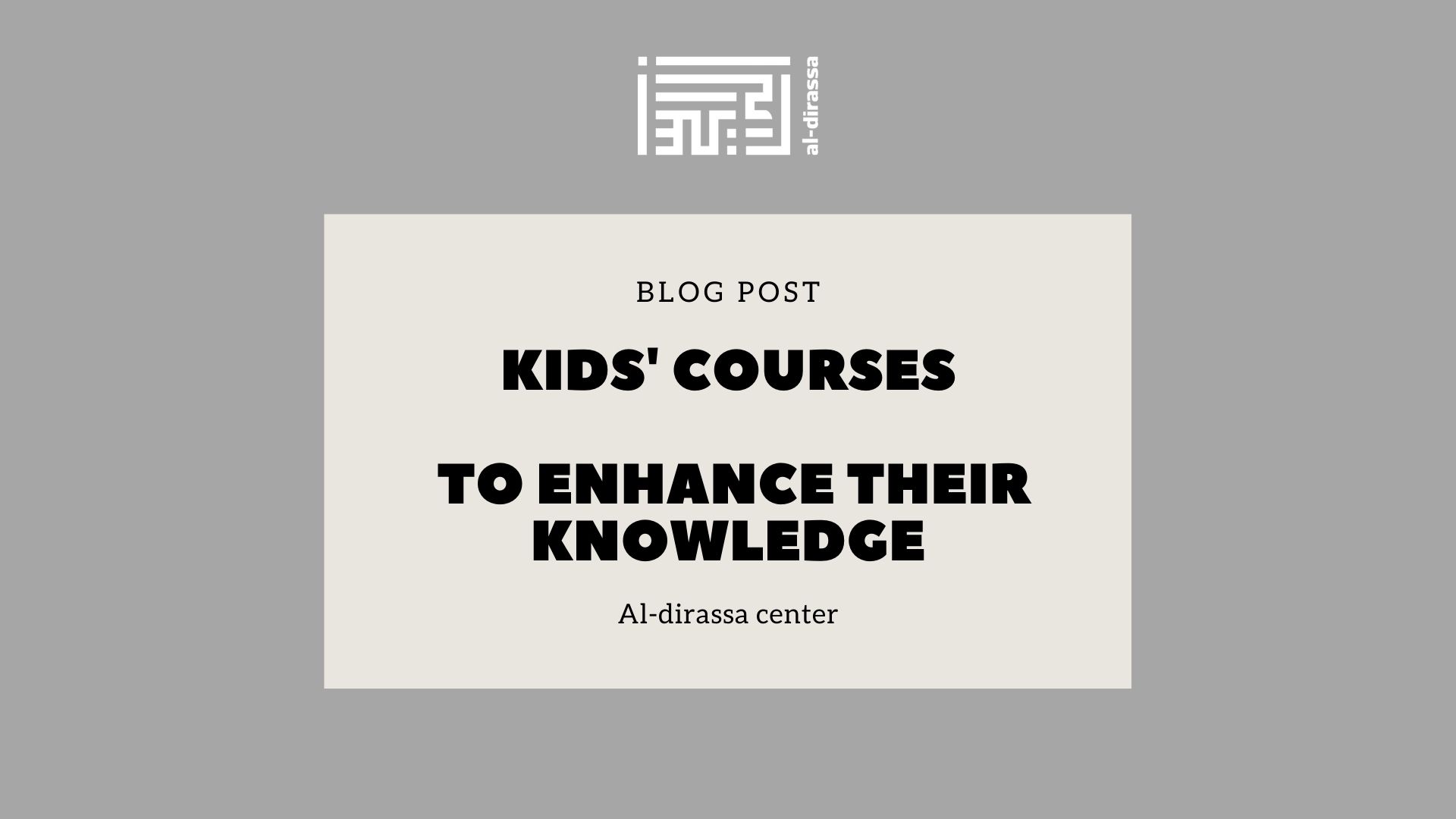Why Teaching Quran to Children is Important: A Guide for Parents

Why Teaching Quran to Children is Important: A Guide for Parents As a parent, you want your child to grow up with a strong foundation of values and morals. One way to achieve this is by teaching them the Quran, the holy book of Islam. The Quran is not just a religious text, but it […]
Top Kids’ Courses: Boosting Knowledge & Fostering Lifelong Learning

Top Kids’ Courses: Boosting Knowledge & Fostering Lifelong Learning Empowering Children’s Future: The Significance of Learning the Arabic Language Children, the blossoming buds of our community, are inherent learners with an insatiable curiosity. In this dynamic era where globalization and intercultural interactions are prevalent, equipping our children with an additional language is akin to handing […]

